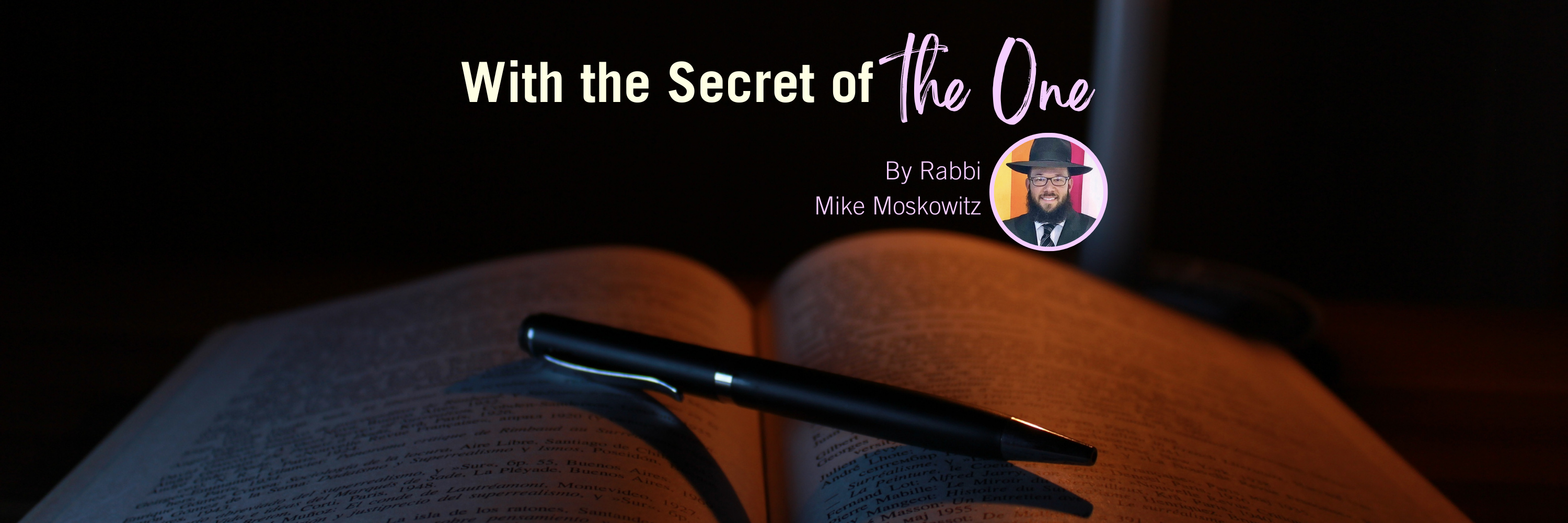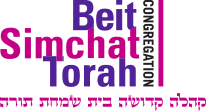
With the Secret of the One
וַֽיְהִ֗י כׇּל־נֶ֛פֶשׁ יֹצְאֵ֥י יֶֽרֶךְ־יַעֲקֹ֖ב שִׁבְעִ֣ים נָ֑פֶשׁ וְיוֹסֵ֖ף הָיָ֥ה בְמִצְרָֽיִם׃
And all of the persons who emerged from Jacob’s loins were seventy souls, and Joseph was in Egypt.
Exodus 1:5
When it comes to parental advice on giving one child preference over another, the Talmud[1] is very clear that it will not end well. It attributes a quote to Rav: “A person should never distinguish between their children. Due to the weight of two selaim – סְלָעִים of fine wool that Jacob gave to Joseph, beyond what [he gave] the rest of his sons, his brothers became jealous of him and the matter unfolded and our ancestors descended to Egypt.”
The 210 years of enslavement in Egypt is ascribed to the value of two selaim – סְלָעִים, which also has a numerical value of 210. This inequitable distribution is not as significant as the brother’s perception of their own inequality in their father’s eyes. Had the brothers not misinterpreted this preferential treatment as a reflection of Joseph’s inflated worth, they never would have felt justified in reducing it.
These “70 souls” that came from Jacob, are mentioned in three separate places in the Bible – also equalling 210.[2] However, unlike Esav’s descendants whose souls are referred to in the plural – “kol nafshot beito– ־ כׇּל־נַפְשׁ֣וֹת בֵּיתוֹ֒ all of the souls (plural) of his house,”[3] Jacob’s are in the singular “נָ֑פֶשׁ – nefesh.” While each of Esav’s children had a different idolatrous practice, his brother’s children were unified in their service of God,[4] which also allowed them to strengthen their connection with each other.[5]
The verse singles out Joseph, one of the 70 souls, to emphasize that our attachment (chebor – חבר) to God’s holiness is the source of piety. Rashi[6] explains that just as Joseph was righteous as a shepherd of his father’s flock, he maintained that same grounded spiritual identity as the viceroy of Egypt. Joseph never forgot where he came from, and that remained the base for everything else he developed.
Joseph, who is often called “יוסף הצדיק – Joseph the righteous,”[7] inspires King Solomon[8] to write: “a righteous one is the foundation of the world – וְ֝צַדִּ֗יק יְס֣וֹד עוֹלָֽם.” This reference to “וצדיק – v’tzadik – a righteous one,” again has a numerical value of 210 and highlights the fundamental need to see the Divine image in each person, and the consequences when that need is not achieved.
In Hebrew, the word for “foundation – סוד – sod” is also the word for “secret.” One aspect of the hidden truth of redemption is that the healing response to every affliction comes before it is actually needed. What looks to us an unavoidable negative reality that now requires a response, is actually a consequence of our failure to achieve the ideal way of being. If we were able to uncover it, the revelation of the concealed would be preventative and we could break the cycle before it began. For example, had the brothers not been jealous of Joseph and sold him into slavery, then there wouldn’t have been a famine that necessitated him being in Egypt to provide food and special treatment for his extended family.
Ultimately, Exodus is the story of God taking the Israelites out of a land that they never should have been in, in order to teach them a lesson that they already should have known.
The mystical tradition[9] uses “בְּרָזָא דְּאֶחָד – b’razah d’echad – with the secret of the one,” as a phrase parallel to “a righteous one is the foundation of the world – וְ֝צַדִּ֗יק יְס֣וֹד עוֹלָֽם.” Additionally,
“בְּרָזָא” has a numerical value of 210 to remind us that the oneness of humanity can either be honored and preserved — or, God forbid, the opposite. It doesn’t have to be learned the hard way, like Joseph, his brothers, and the Land of Egypt. The choice is ours.
There are precisely 210 letters in the opening paragraph[10] of the book of Exodus, reviewing the children of Israel’s descent (רְדוּ) into the land of Egypt.[11] This retelling begins by attaching itself to the end of the Genesis narrative through the letter “vuv” – (וְאֵ֗לֶּה שְׁמוֹת֙), that functions as the conjunction “and,”[12] framing our impact on the world today as the continuation of their struggle. What began as a preferential gift of cloth, two selaim — a simple microaggression expressed through clothing — is still the base layer of blatant hatred today.
[1] Shabbat 10b.
[2] Genesis 46:27, Exodus 1:5, Deuteronomy 10:22.
[3] Genesis 36:6.
[4] See Vayikra Rabbah 4:6.
[5] See Olas Shabbos.
[6] Exodus 1:5.
[7] See Tzror HaMor on Torah, Numbers 32:1:4.
[8] Proverbs 10:25.
[9] Zohar, Emor 22:97.
[10] Verses 1-7.
[11] See Rokeach 1:7.
[12] See Berasit Rabbah 2.
